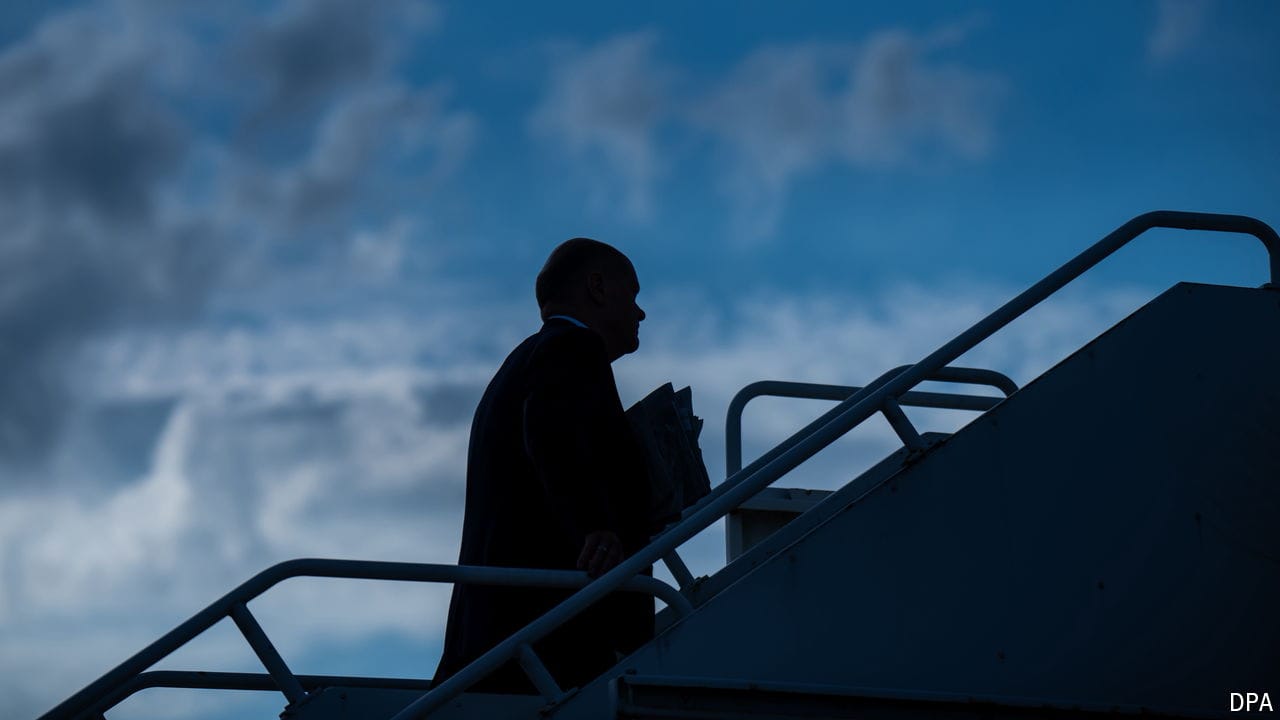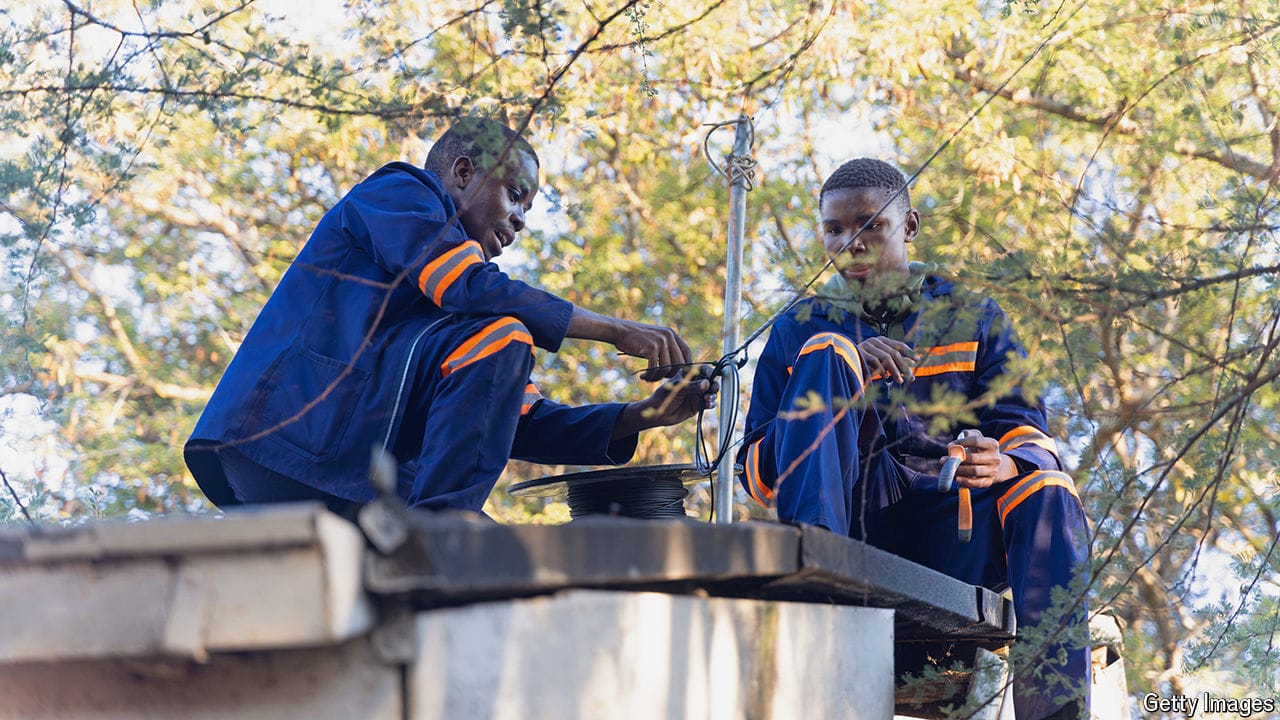The new world disorder
If America pulls back from global institutions, other powers must step forward

SEVENTY-FIVE years ago in San Francisco 50 countries signed the charter that created the United Nations—they left a blank space for Poland, which became the 51st founding member a few months later. In some ways the UN has exceeded expectations. Unlike the League of Nations, set up after the first world war, it has survived. Thanks largely to decolonisation, its membership has grown to 193. There has been no third world war.
And yet the UN is struggling, as are many of the structures, like the World Trade Organisation (WTO) and the Nuclear Non-Proliferation Treaty (NPT), designed to help create order out of chaos. This system, with the UN at its apex, is beset by internal problems, by the global struggle to cope with the rise of China, and most of all by the neglect—antipathy even—of the country that was its chief architect and sponsor, the United States.
This article appeared in the Leaders section of the print edition under the headline “The new world disorder”
More from Leaders

Germany’s failure to lead the EU is becoming a problem
A weak chancellor and coalition rows are to blame

How to ensure Africa is not left behind by the AI revolution
Weak digital infrastructure is holding the continent back

A global gold rush is changing sport
Fans may be cooling on the Olympics, but elsewhere technology is transforming how sport is watched
Can Kamala Harris win?
Joe Biden’s vice-president has an extraordinary opportunity. But she also has a mountain to climb
MAGA Republicans are wrong to seek a cheaper dollar
It is hard to cast America as a victim of the global financial system
Joe Biden has given Democrats a second chance to win the White House
If they are not to squander it, they must have a proper contest
